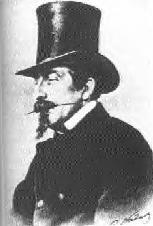I’ve just created two Patreon pages.
One is a per-month pledge page for several libertarian book projects I’m working on; these include:
- Austro-Athenian Foundations of Libertarian Ethics, the transcribed record of my 2006 philosophy seminar at the Mises Institute;
- selections of material from my Free Nation Foundation / Libertarian Nation Foundation days;
- collections of more recent online writings, from my blog and elsewhere;
- a collection of translations of works on libertarian class theory by Charles Comte, Charles Dunoyer, Augustin Thierry, and Gustave de Molinari;
- Frodo Shrugged, a book comparing and contrasting Lord of the Rings and Atlas Shrugged;
- a new interdisciplinary libertarian academic journal, the Molinari Review.
Details here.
The other is a per-post pledge page for my four science-fiction/fantasy blogs: on Star Trek, The Avengers (the UK one, not the Marvel one), Danger Man/The Prisoner, and the Oz books. These posts will also be collected as books. Details here.
Pledgers will have opportunities to get advance content, free signed books, and the chance to influence the order in which I tackle the various projects.
You can pledge as little as a dollar per month (for the books page) and/or a dollar per post (for the blogs page). Any help is appreciated; I have a lot of cool stuff I want to accomplish, but am in tight circumstances financially (and my home computer is on its last legs).




